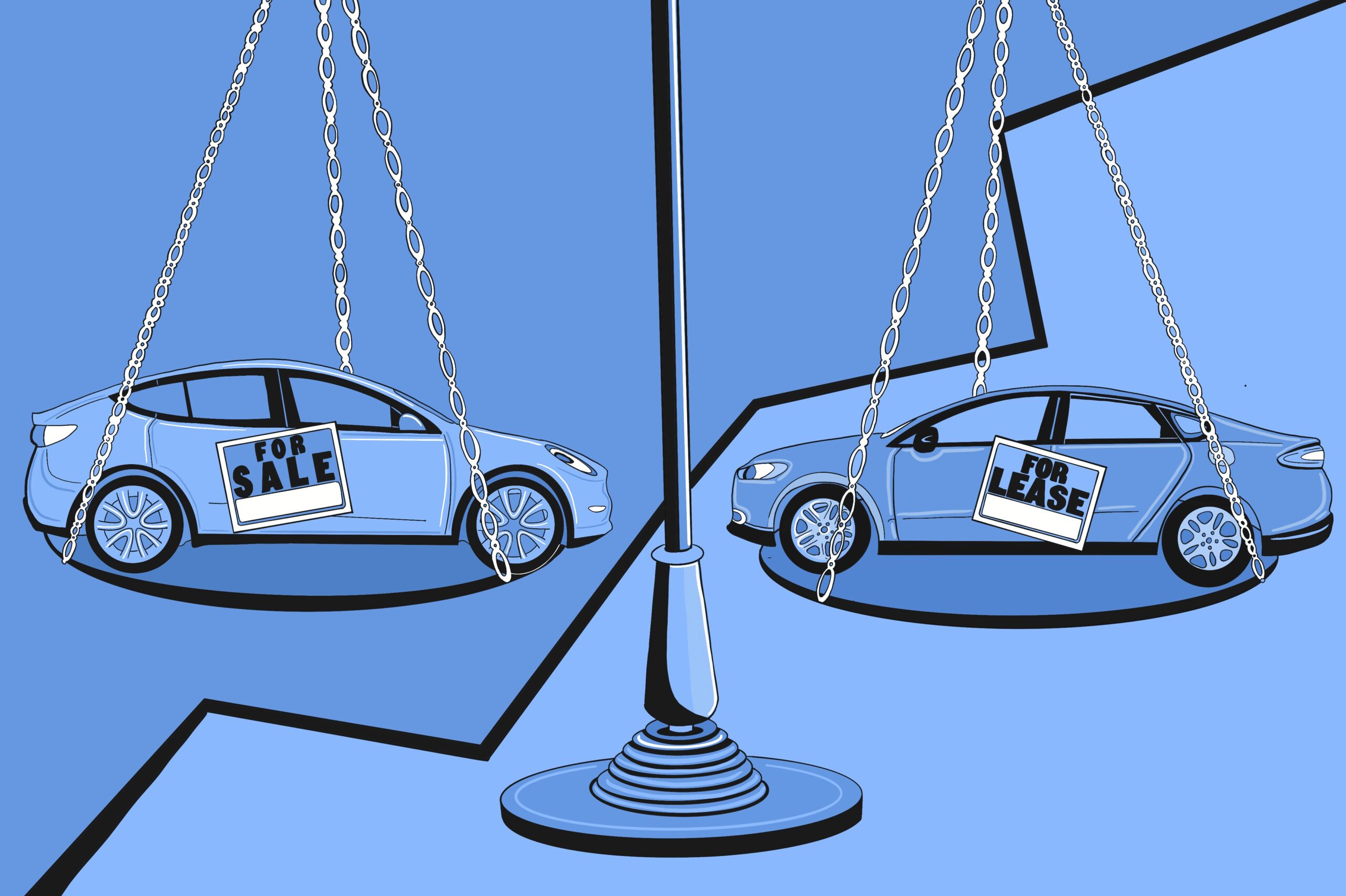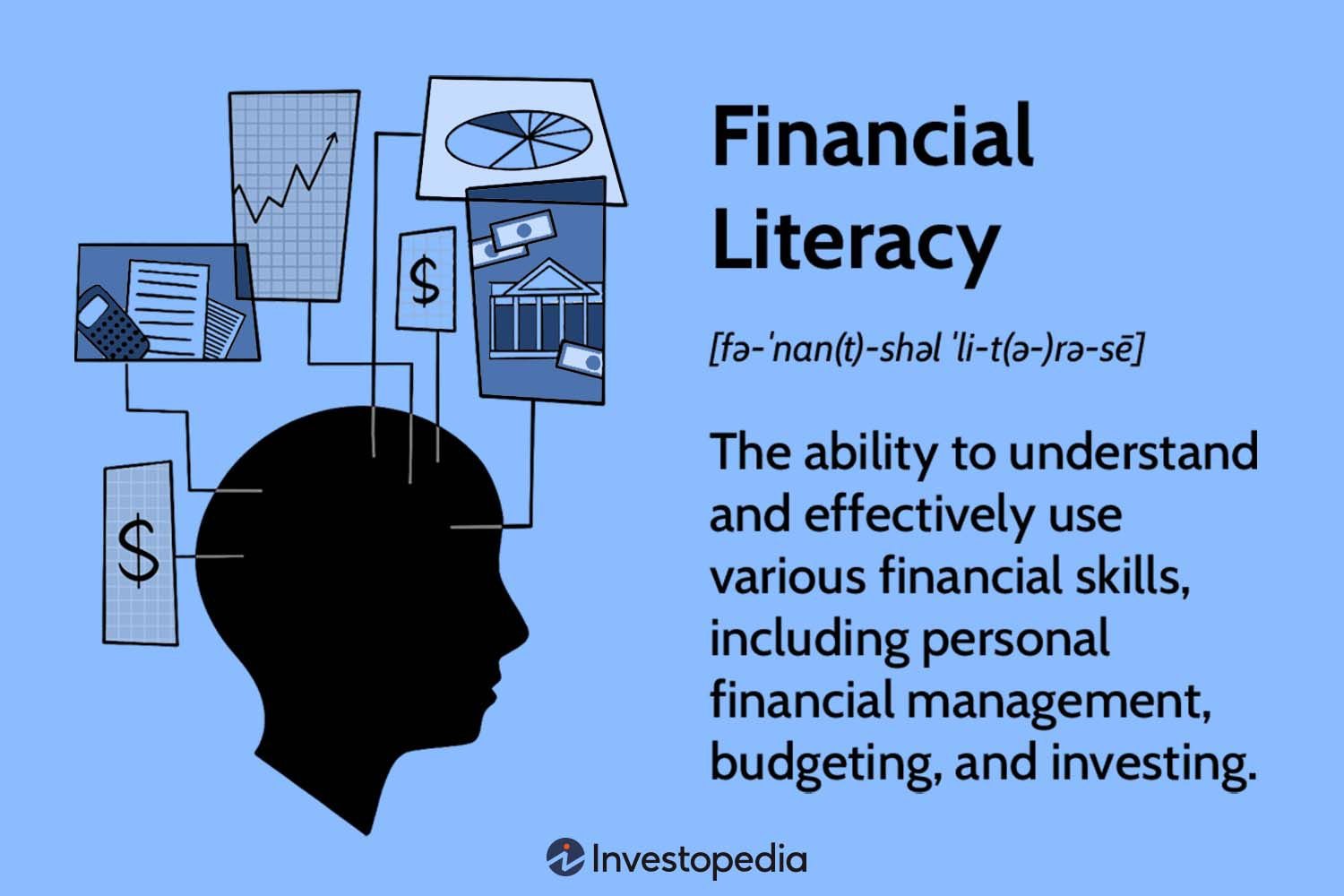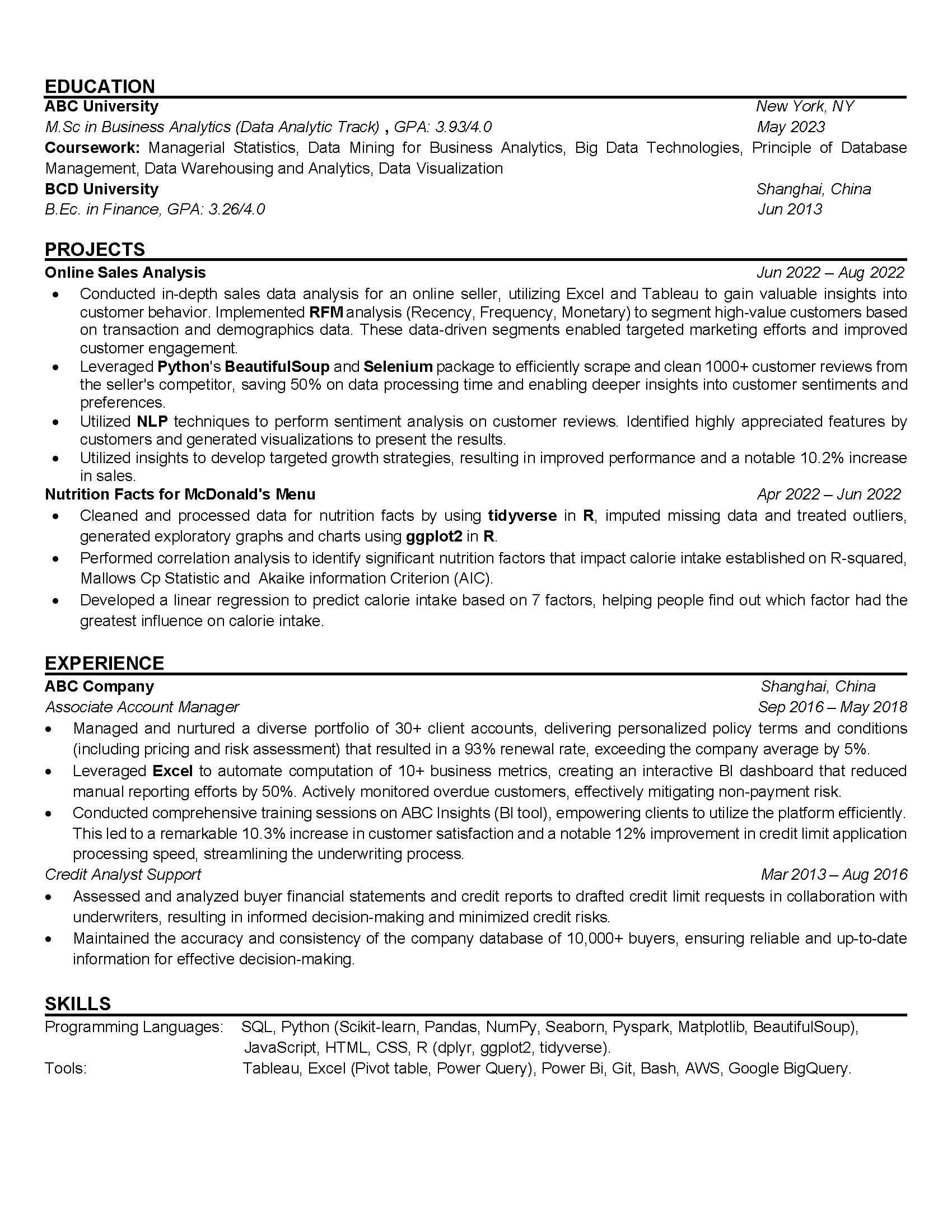Are you considering a new car but unsure whether to lease or buy? Making the right choice can have a significant impact on your finances and overall satisfaction with your vehicle. In this article, we’ll explore the age-old dilemma of how to choose between leasing and buying a car. By weighing the pros and cons of each option, we aim to provide you with a clear understanding of what factors to consider before making this important decision. So, whether you’re a first-time buyer or a seasoned car enthusiast, let’s dive into the world of car ownership and find the best path for you.
How to Choose Between Leasing and Buying a Car
When it comes to acquiring a new car, one of the most important decisions you’ll need to make is whether to lease or buy. Each option comes with its own set of advantages and considerations, so it’s crucial to understand the differences between the two before making a choice. In this article, we will explore in detail the factors to consider when choosing between leasing and buying a car.
The Basics: Leasing vs. Buying
Before diving into the details, let’s start by understanding the fundamental differences between leasing and buying a car:
Leasing a Car
Leasing a car is similar to renting it for a specified period, typically two to four years. During this time, you make monthly payments to the dealership or leasing company for the right to use the car. At the end of the lease, you return the car or have the option to purchase it.
Buying a Car
Buying a car, on the other hand, involves owning the vehicle outright. You can choose to pay in full upfront or finance the purchase through a loan, which you’ll need to repay over a set period. Once the loan is paid off, you have complete ownership of the car.
Now that we have a clear understanding of the basic concepts, let’s delve into the considerations that can help guide your decision-making process.
Financial Considerations
When choosing between leasing and buying a car, it’s essential to evaluate the financial implications of each option. Here are some key factors to consider:
Monthly Payments
One of the primary differences between leasing and buying is the monthly payments involved. Leasing typically offers lower monthly payments compared to a car loan. This is because you’re paying for the depreciation and use of the vehicle during the lease term, rather than the entire purchase price.
Ownership and Equity
Buying a car allows you to build equity as you own the vehicle. Each payment made towards a car loan contributes to your equity, and once the loan is fully repaid, you’re left with a valuable asset. On the other hand, leasing a car does not build equity because you’re effectively renting the vehicle.
Upfront Costs
Leasing a car generally requires lower upfront costs compared to buying. When leasing, you may only need to pay a security deposit, the first month’s payment, and other minor fees. Buying a car, however, may involve a down payment, taxes, registration fees, and other costs associated with the purchase.
Mileage Restrictions and Usage
Lease agreements often come with mileage restrictions. If you exceed the predetermined mileage limit, you may incur additional fees. Buying a car gives you the freedom to drive as much as you want without worrying about mileage restrictions. This is a crucial consideration if you have a long commute or frequently take road trips.
Lifestyle and Flexibility
Beyond the financial aspects, your lifestyle and personal preferences should play a significant role in deciding between leasing and buying. Here are some factors to consider:
Vehicle Customization
If you love to personalize your car with modifications, buying might be the better option for you. When you lease a vehicle, you typically cannot make significant modifications or alterations without violating the terms of the lease agreement. On the other hand, owning a car gives you the freedom to customize it to your heart’s content.
Long-Term Commitment
Leasing a car provides flexibility since you are only committed to the vehicle for the duration of the lease. Once the lease term ends, you can choose to return the car and lease a different model or purchase the leased vehicle. Buying a car, on the other hand, comes with a long-term commitment as you’ll be responsible for the vehicle until you decide to sell it.
Depreciation and Resale Value
When you buy a car, you face the impact of depreciation. Vehicles tend to lose value over time, and this depreciation can affect the resale value of your car. If retaining a high resale value is important to you, leasing might be worth considering. With leasing, you can avoid the potential depreciation costs as you’re only paying for the vehicle’s use during the lease term.
Ownership Satisfaction
For some car enthusiasts, the satisfaction of ownership plays a crucial role in their decision-making process. Owning a car gives you a sense of pride and the freedom to do as you please. If this is essential to you, then buying a car might be the ideal choice.
Insurance and Maintenance
Another crucial aspect to consider when choosing between leasing and buying is the cost and responsibility of insurance and maintenance:
Insurance Costs
Insurance costs can vary depending on whether you lease or buy a car. Leasing companies sometimes require higher insurance coverage, which can result in higher insurance premiums. When you own a car, you have more flexibility in choosing the insurance coverage that suits your needs and budget.
Maintenance and Repairs
Maintenance and repair costs can differ between leasing and buying. Leased vehicles are often under factory warranty during the lease term, which can help cover certain repairs and maintenance. However, any excessive wear and tear or damage beyond normal use may result in additional fees. When you own a car, you are responsible for all maintenance and repair costs, but you have the freedom to choose where and how your car is serviced.
Finalizing Your Decision
To make an informed decision between leasing and buying, it’s crucial to evaluate your financial situation, lifestyle, and priorities. Here’s a step-by-step guide to help you finalize your decision:
Step 1: Assess Your Budget
Evaluate your financial situation and determine how much you can comfortably afford to spend on a car each month. Consider factors such as your monthly income, expenses, and other financial obligations.
Step 2: Research Vehicle Models
Research and compare the vehicle models you’re interested in. Consider factors such as their depreciation rate, reliability, and resale value. This information can help you make an informed decision about whether leasing or buying is more advantageous for a particular model.
Step 3: Weigh the Financial Considerations
Consider the financial aspects discussed earlier, such as monthly payments, ownership equity, upfront costs, and mileage restrictions. Determine which option aligns better with your budget and financial goals.
Step 4: Evaluate Your Lifestyle and Needs
Reflect on your lifestyle and preferences. Consider factors such as vehicle customization, long-term commitment, depreciation, and ownership satisfaction. Determine which option better suits your lifestyle and aligns with your priorities.
Step 5: Factor in Insurance and Maintenance Costs
Consider the potential insurance costs, maintenance responsibilities, and repair expenses associated with leasing and buying. Evaluate how these costs fit into your budget and preferences.
By following these steps and thoroughly considering your financial situation, lifestyle, and priorities, you’ll be well-equipped to choose between leasing and buying a car that best suits your needs.
At the end of the day, the choice between leasing and buying ultimately depends on your individual circumstances, preferences, and priorities. Both options have their advantages and trade-offs, so carefully weighing the factors discussed in this article will help you make an informed decision. Whether you choose to lease or buy, getting behind the wheel of a new car that meets your needs will undoubtedly bring excitement and convenience to your life.
Buying vs. Leasing a Car (Pros and Cons)
Frequently Asked Questions
Frequently Asked Questions (FAQs)
1. Should I lease or buy a car?
When deciding between leasing and buying a car, it depends on your personal preferences and financial situation. Leasing allows you to drive a newer vehicle with lower monthly payments, but you don’t own the car and have mileage restrictions. Buying a car means higher monthly payments but provides ownership and the freedom to customize or sell the vehicle.
2. What are the advantages of leasing a car?
Leasing a car offers advantages such as lower monthly payments, typically no down payment, and the ability to drive a new car every few years. It also covers the car under warranty, requiring fewer repairs and maintenance expenses.
3. What are the advantages of buying a car?
Buying a car grants you ownership and the ability to modify or sell the vehicle as you please. Additionally, there are no mileage restrictions, and over time, the car becomes an asset as its value can be retained or potentially appreciate.
4. How does leasing affect my monthly budget?
Leasing generally offers lower monthly payments compared to buying. However, keep in mind that you do not build equity in the vehicle, and at the end of the lease term, you will need to find a new car or consider purchasing the leased vehicle.
5. What should I consider when choosing between leasing and buying?
Consider factors such as your budget, driving habits, desired car ownership period, and your overall financial goals. Evaluate lease terms, mileage restrictions, and depreciation rates to make an informed decision.
6. How does leasing affect insurance costs?
Insurance costs for leased cars may be higher compared to owned cars because leasing companies typically require higher coverage limits. It’s important to factor in the potential increase in insurance premiums when considering the overall cost of leasing.
7. Can I negotiate the purchase price of a leased vehicle?
Yes, you can negotiate the purchase price of a leased vehicle. When the lease term is coming to an end, the leasing company may offer you a purchase price, but it’s worth exploring if you can negotiate a better deal with them or consider buying a similar used car from another source.
8. Can I terminate a car lease early?
Terminating a car lease early typically comes with penalties and fees. You may have to pay the remaining lease payments, early termination fees, and any additional costs specified in the lease agreement. It’s advisable to review your lease contract or discuss early termination options with the leasing company.
Final Thoughts
In conclusion, when deciding between leasing and buying a car, it’s crucial to carefully consider your individual needs and circumstances. Leasing offers the advantage of lower monthly payments, flexibility, and the opportunity to drive a new car every few years. On the other hand, buying a car gives you ownership, no mileage restrictions, and the ability to sell or trade in the vehicle. To make the best decision, analyze your budget, lifestyle, and long-term goals. Take into account factors like financial stability, anticipated mileage, and the desire for vehicle customization. By evaluating these aspects, you can confidently choose the option that aligns with your preferences and priorities when it comes to how to choose between leasing and buying a car.



